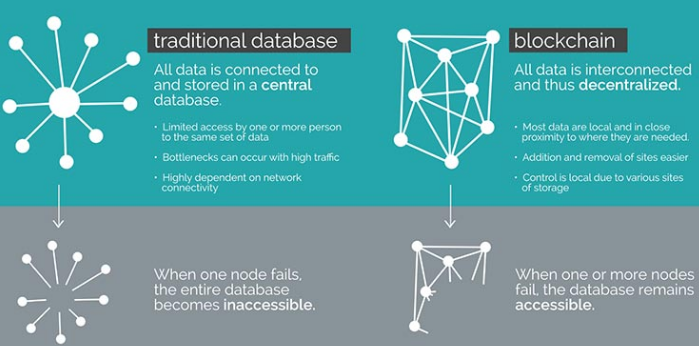As a crypto trader, I've often found myself puzzled trying to understand how blockchain and IoT fit together. It's been challenging for me, and I've spent countless hours researching to comprehend it.
Here's my explanation - blockchain is actually transformative for enhancing IoT securityand streamlining processes through smart contracts. It's fascinating how blockchain enables IoT devices to communicate securely with each other, creating a reliable digital ecosystem.
Once you understand it, it's truly impressive technology that could reshape how we interact with devices.
Key Takeaways
• Blockchain enhances IoT security through decentralized data management, making it harder for hackers to breach networks with over 75 billion IoT devices expected by 2025. • About 20% of IoT projects used blockchain in 2019, reducing costs and simplifying device tracking by eliminating middlemen and single points of failure. • Smart contracts automate tasks and streamline transactions in IoT systems, from smart fridges ordering groceries to businesses managing supply chains in real-time. • The blockchain-IoT combo improves healthcare by securely handling medical records and speeding up insurance claims while maintaining privacy. • This technology partnership promises to revolutionize various fields, creating safer, smarter, and more connected systems for the future.
Enhancing IoT Security with Blockchain
I see blockchain as a game-changer for IoT security. It offers a decentralized approach to data management, making it harder for hackers to breach IoT networks.
Decentralized data management
I'm excited about how blockchain can boost IoT security through decentralized data management. This approach spreads data across many nodes, making it harder for hackers to mess with.
It's a big deal because by 2025, we'll have over 75 billion IoT devices. That's a lot of data to protect! Blockchain's cryptographic security and unchangeable records help keep this vast amount of info safe and trustworthy.
Blockchain also cuts out middlemen in IoT systems. This makes things cheaper and faster. In fact, about 20% of IoT projects used blockchain in 2019. It's clear why: blockchain simplifies device tracking while reducing costs.
Plus, it gets rid of single weak points that could bring down the whole network. Next, let's look at how smart contracts fit into this picture.
Smart Contracts and IoT Integration
Smart contracts and IoT devices work together to make tasks easier and faster. Want to learn more about this exciting combo? Keep reading!
Streamlining transactions and automation
I've seen firsthand how blockchain and IoT work together to streamline transactions and boost automation. Smart contracts play a key role in this process. These digital agreements run on their own when certain conditions are met.
For example, I've used a smart fridge that orders groceries on its own. It checks what's inside and places orders without me lifting a finger. All these actions are recorded safely on the blockchain.
This tech combo isn't just for home use. I've watched businesses use it to manage their supply chains better. They can track goods in real-time and make sure all deals are clear and secure.
In healthcare, IoT devices can send patient info to smart contracts. These contracts then handle medical records and speed up insurance claims. The best part? It keeps everything private and safe.
Next, let's look at how blockchain enhances IoT security through decentralized data management.
Conclusion
Blockchain and IoT form a powerful duo. They boost security, streamline processes, and cut costs. This match opens doors to new possibilities in many fields. From smart homes to supply chains, their teamwork will shape our future.
We stand at the edge of a tech revolution that promises safer, smarter, and more connected lives.
Disclaimer: This article is provided for informational purposes only. It is not offered or intended to be used as legal, tax, investment, financial, or other advice.





